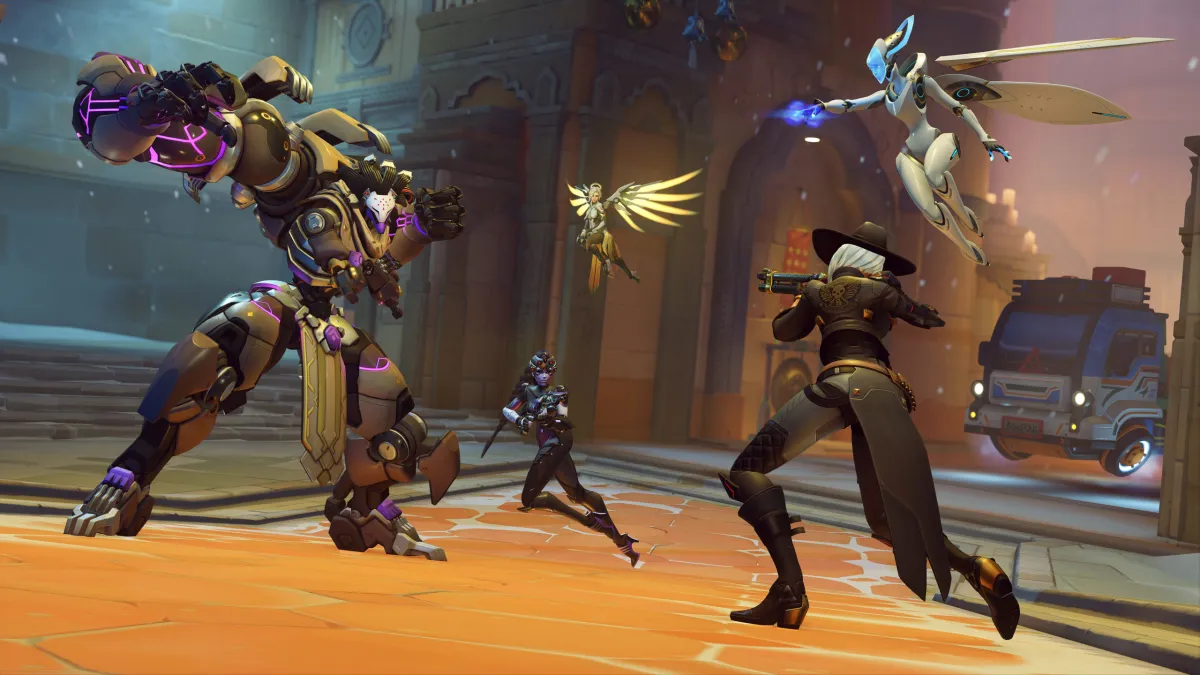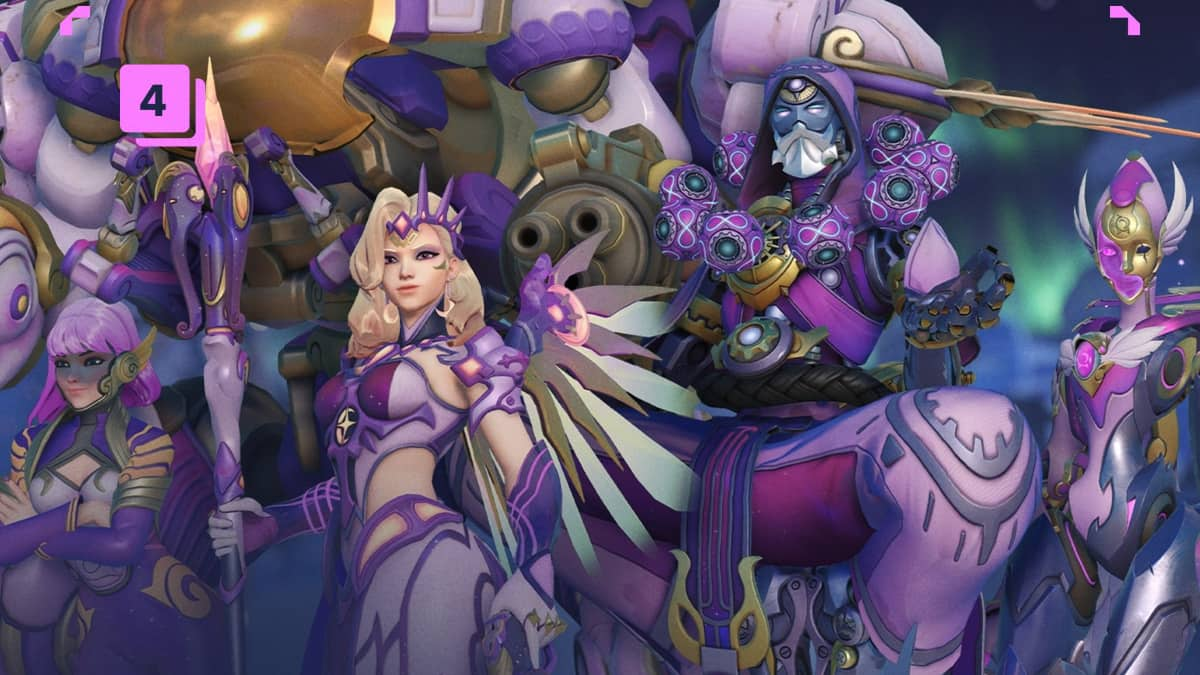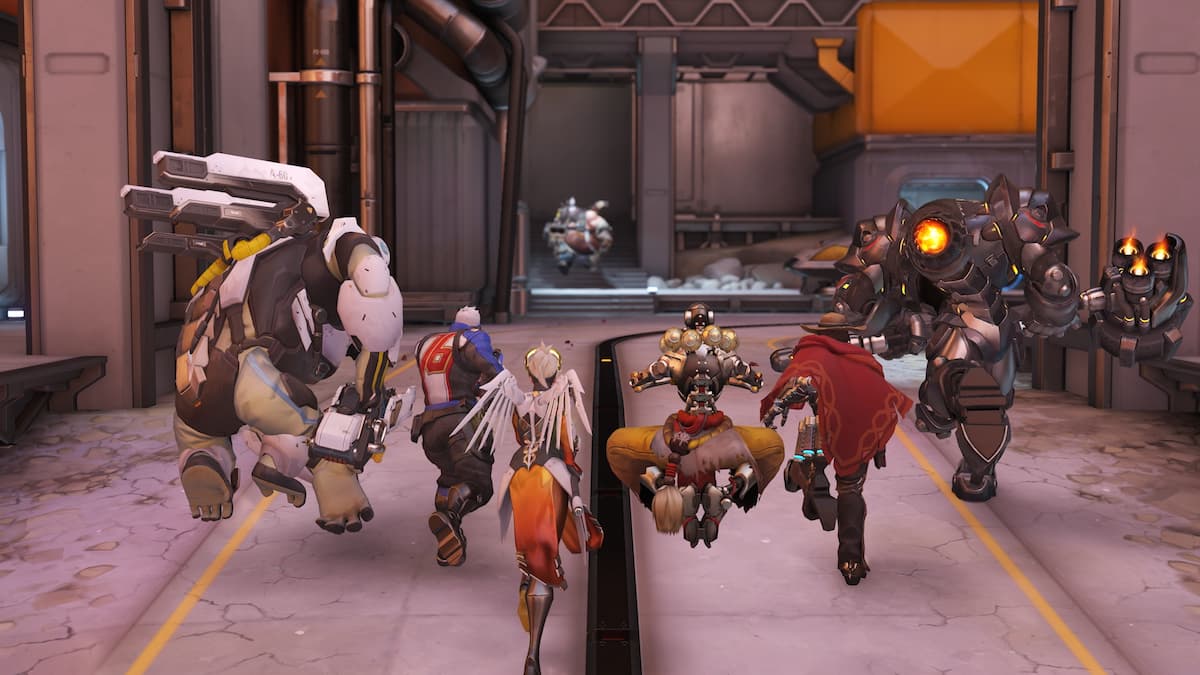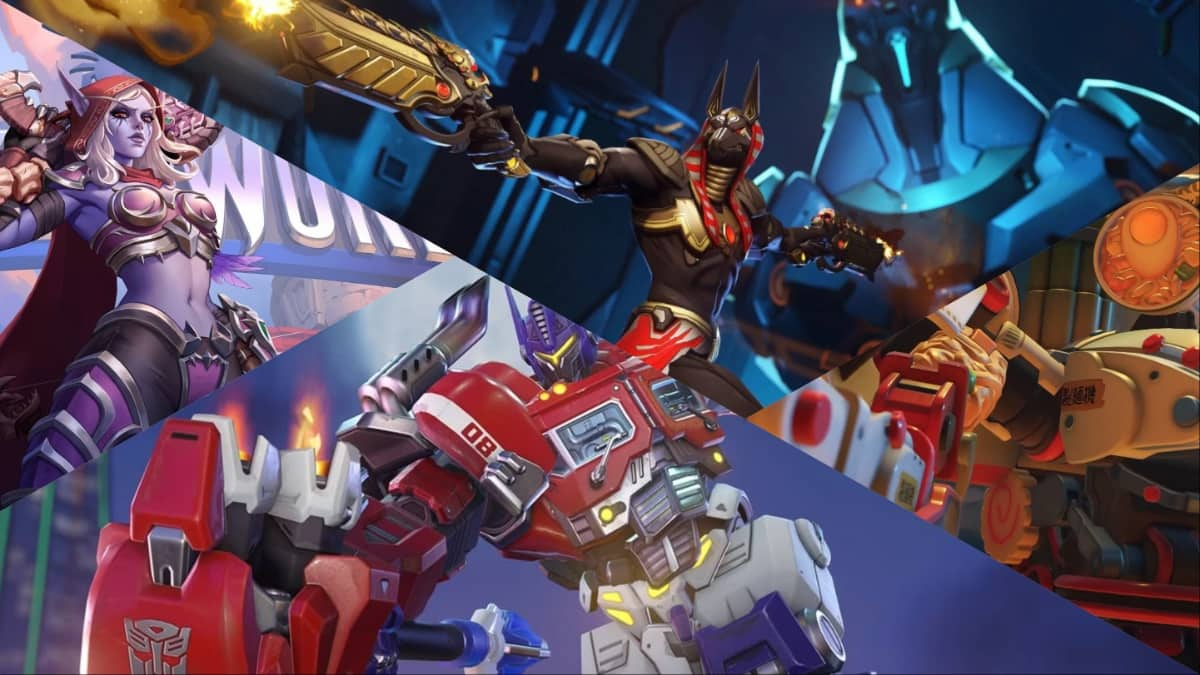Climbing the ladder in competitive games requires a wide variety of skills, as well as adjusting to the solo format, and Overwatch 2 is no exception.
Players will need a lot of playtime before getting a strong game sense and knowledge to climb the ranks, in addition to honing their mechanical skills.
Playing does not always means improving: that’s what Overwatch 2 coach Spilo explained in a short video recently, where he shared a vital guideline for efficient progression: structuring your training.
Related: The best counters for each Overwatch 2 hero
According to him, there’s a certain amount of hours where players can train at maximum efficiency before they start losing focus and see their performance dip, and they should play around that.
“After you break a barrier, your brain is just tired. Some pros found a way to park their brain and coast, they’re not tired because they’re not pushing themselves in the first three or four hours,” he explained.
He named this method used by Overwatch 2 pros as “trained autopilot”, where players can improve without getting their full head in the game.
However, players who haven’t achieved that and still have a lot of room for improvement should do the opposite.
Related: Tips to improve aim in Overwatch
“You warm up, you play for three or four hours, you get as focused as you can, you train for whatever goals we give you, for whatever you’re practicing for the day,” he said. “You have very specific goals. You’re not auto-piloting. What matters is those three or four hours.”
Spilo explained players shouldn’t necessarily be satisfied with their performance during that time, since they will practice things they’re not good at.
“That’s ok because you’re solely engaged on what you’re practicing. Your brain has to be on, but we’re not judging quality of play, we’re judging intention,” he explained to the player he was coaching.
The general idea for players is not to grind ranked games mindlessly. Practicing every day is a key part of getting consistent performance, but it’ll only take you to a point in the game.
Spilo recommends players who want to improve to structure their training, meaning self-criticize their performance (by recording and reviewing their games), find their flaws and work on them in-between pure ladder-climbing.
It means setting practice days and other days where they’ll solely play to win or for fun.
There’s no use in trying to improve too much and too fast, either. “Don’t put unreasonable expectations for yourself, or you’ll try to make a marathon will full speed.”







Published: Mar 11, 2023 07:00 pm